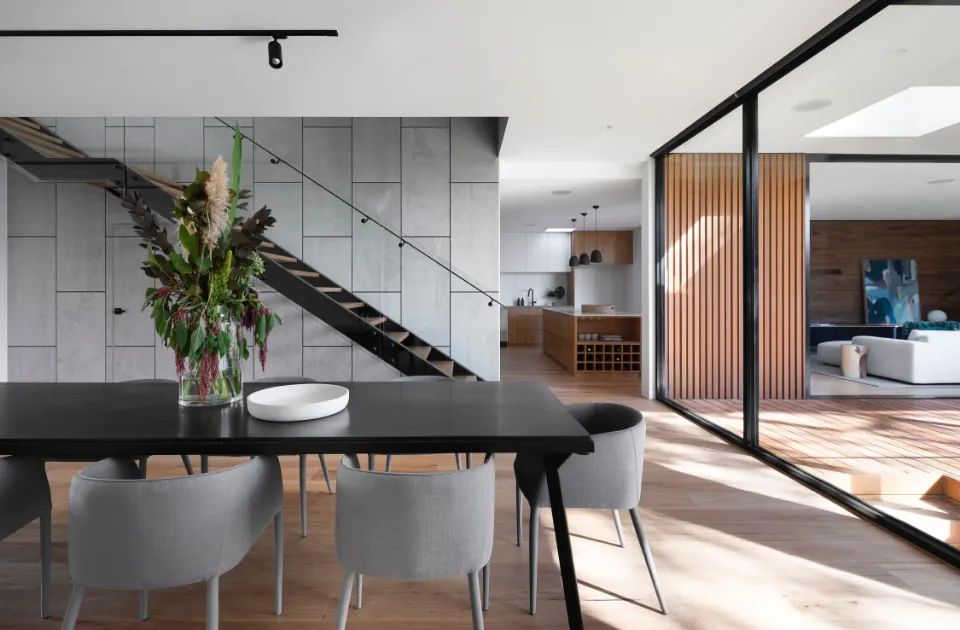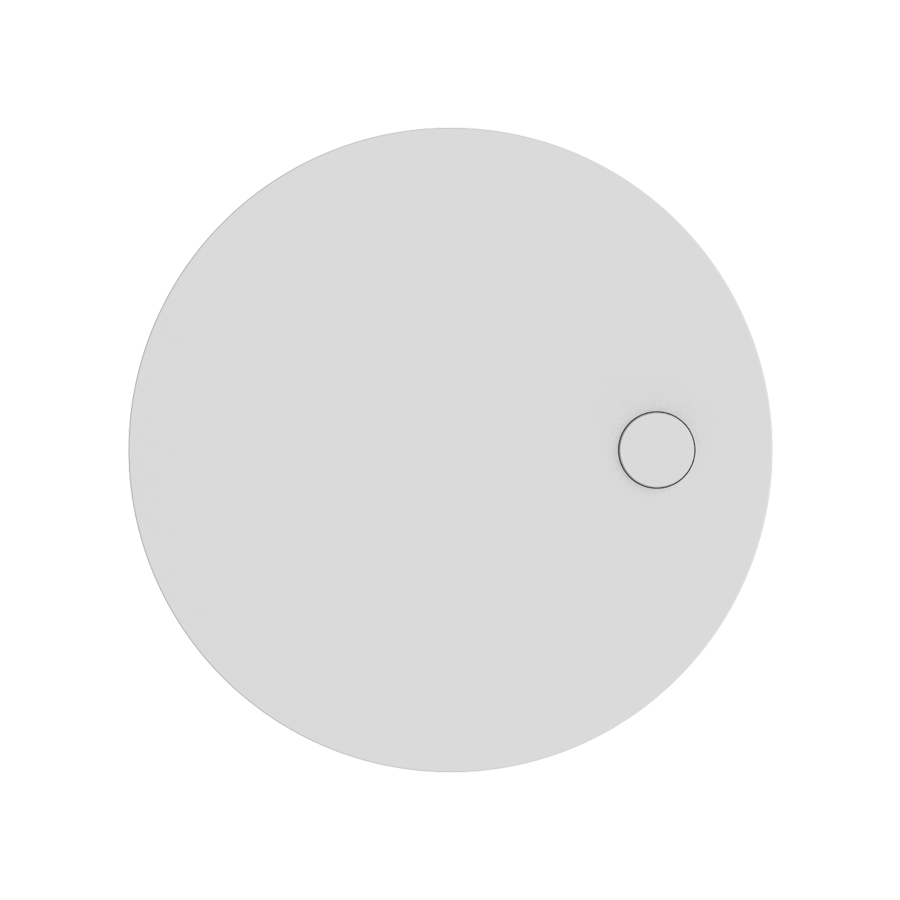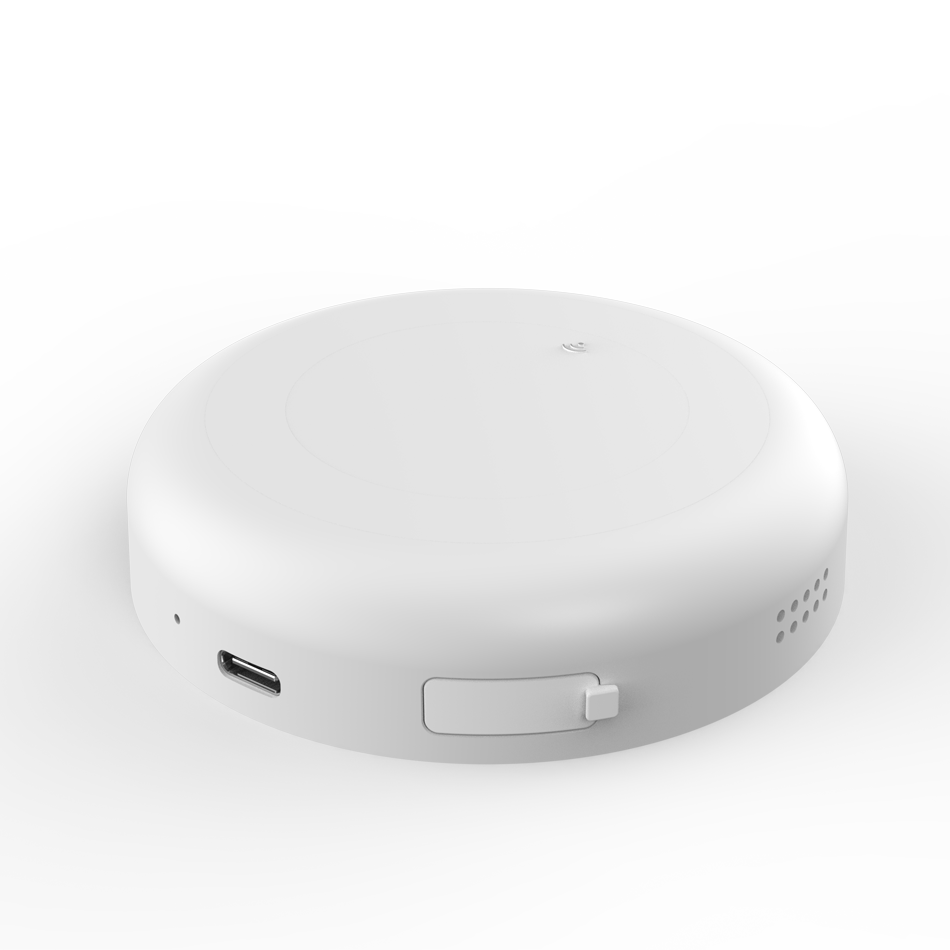-
Calle, NY 38954

15 Beneficios Clave de los Sensores de Cuerpo Humano Homerda en las Operaciones de Hotel | Soluciones de Hospitalidad Inteligente
Usando datos para impulsar la transformación inteligente de los hoteles
Sensación precisa: redefiniendo la gestión energética de los hoteles
(1) Sistema de suministro de energía sin tarjetas: adiós al modo de suministro tradicional
El suministro de energía con tarjetas de habitación tradicional tiene un ratio de desperdicio energético de 23% (Fuente: Informe de Tecnología Hospitalaria 2024), mientras que los sensores Homerda detectan la presencia de huéspedes en la habitación en tiempo real a través de radar de milímetros de 60GHz, logrando "encender la energía cuando alguien llega y apagarla cuando alguien se va".
Por ejemplo, cuando un huésped sale de la habitación durante más de 5 minutos y no hay signos de actividad, el sistema apaga automáticamente el aire acondicionado, la iluminación y otros equipos, ahorrando un promedio de 1,500 kWh de electricidad por habitación al año, equivalente a reducir las emisiones de carbono en 900 kg.
(2) Monitoreo dinámico del consumo energético: localizar cada desperdicio
A través de la plataforma integrada, el hotel puede monitorear en tiempo real los datos de consumo energético de cada área:
El consumo energético de la iluminación en las áreas públicas representa el 28%, y a través del análisis de trayectorias de movimiento humano, las luces de los pasillos pueden ajustarse dinámicamente (la iluminancia se aumenta a 100% solo cuando alguien pasa).
El consumo energético de la aire acondicionado en las habitaciones de huéspedes representa el 45%, y los sensores ajustan automáticamente la temperatura establecida en función de la temperatura y la humedad exteriores, ahorrando un promedio de 12% en verano y 9% en invierno.
Plataforma de integración: Creando un centro de gestión visual
(3) Panel de control en tiempo real del estado de la habitación de huéspedes
Los sensores Homerda están profundamente integrados con el PMS (sistema de gestión inmobiliaria), y los gerentes pueden ver en tiempo real a través del panel de control:
Las luces de indicadores verdes/rojos muestran intuitivamente el estado de ocupación de las habitaciones (con una tasa de precisión del 99.7%);
Datos de operación de equipos (como la temperatura establecida del aire acondicionado, el tiempo de visualización de la televisión), ayudando a optimizar los procesos de servicio (como retrasar la limpieza de habitaciones no ocupadas).
(4) Sistema de advertencia de fallas: de mantenimiento pasivo a activo
Monitoreo del estado de operación de los equipos a través de sensores de vibración/temperatura:
Cuando el compresor de aire acondicionado funciona de forma anormal, el sistema emite una advertencia con 24 horas de antelación para reducir quejas de huéspedes causadas por fallos inesperados.
Análisis en tiempo real de datos de operación de ascensor y mantenimiento predicho extiende la vida útil del equipo en 15% y reduce los costos de mantenimiento en 30%.
Servicios basados en escenarios: Reconstruyendo la experiencia de registro de huéspedes
(5) Personalización del entorno
Los sensores recopilan datos de comportamiento de los huéspedes (como hábitos de lectura por la noche y preferencias de temperatura) para generar perfiles de usuario:
Los huéspedes de negocios prefieren una temperatura constante de 22°C + 400lux de iluminación de lectura, y el sistema se adapta automáticamente;
Cuando los huéspedes familiares se registran, el sistema cambia automáticamente al modo infantil (bloquea dispositivos de alta tensión y emite recomendaciones de actividades padre-hijo).
(6) Control inteligente sin sentido
Interacción voz + gesto: Cuando el huésped dice "Quiero descansar", el sistema apaga automáticamente las luces, cierra las cortinas y reproduce ruido blanco;
Sistema de optimización del sueño: A través del monitoreo de la frecuencia respiratoria ( precisión ±1 vez/minuto), la dureza de la colchada se ajusta automáticamente para aumentar el tiempo de sueño profundo en 18% (datos de encuesta de usuarios).
Seguridad y marketing: Ampliando los escenarios de valor
(7) Red de protección de seguridad multidimensional
Detección de intrusos: Los sensores de puerta y ventana se vinculan con radares infrarrojos. Cuando se abre ilegalmente, se activa una alarma audible y visual dentro de 10 segundos, y se notifica a los personal de seguridad.
Advertencia de incendios: Los sensores de humo y los sensores de temperatura se integran para la detección, con una tasa de falsa alarma inferior a 0.3%, lo que es 3 minutos más rápido que las alamas de humo tradicionales para responder a incendios iniciales.
(8) Marketing de precisión impulsada por datos
Análisis de comportamiento: Estadísticas sobre la duración del tiempo que los huéspedes permanecen en el minibar, y promociones dirigidas para alcohol y bebidas (tasa de conversión aumentada en 25%);
Pronóstico de tendencias: Basado en datos históricos de ocupación y calendarios de eventos locales, se predice la demanda de habitaciones en temporada alta y las estrategias de precios se ajustan dinámicamente (crecimiento de ingresos de 8-12%).
Ventajas técnicas: ¿Por qué elegir Homerda?
| Dimensiones | Solución tradicional | Solución Homerda |
| Precisión de detección | Los sensores infrarrojos se ven fácilmente afectados por fuentes de calor | Radar de ondas milimétricas de 60GHz, penetrando la ropa/obstáculos delgados, tasa de falsa alarma <1% |
| Protección de privacidad | Se requiere vigilancia con cámara | Detección no visual, solo recopila datos dinámicos del cuerpo humano, cumple con los estándares del GDPR |
| Capacidad de integración | Varios sistemas operan de forma independiente | Detección no visual solo recopila datos dinámicos del cuerpo humano, cumple con los estándares del GDPR |
| Eficiencia en costos | Costo de renovación por habitación de huésped > $2000 | Implementación inalámbrica, costo por habitación de huésped <$800 |
El sensor de cuerpo humano de Homerda no es solo una herramienta de ahorro de energía, sino también la infraestructura subyacente de la inteligencia hotelera.
Desde la gestión de energía hasta la protección de seguridad, desde los servicios personalizados hasta el marketing de datos, sus 15 grandes ventajas cubren toda la cadena de operaciones.
Según el informe de McKinsey de 2024, el promedio de NPS (puntuación neto de recomendación) de los hoteles que utilizan sensores inteligentes aumentará en 19 puntos, y la capacidad de precios premium aumentará en 15%.
Protección de Seguridad Integral
Haga clic aquí para solicitar una demostración de la solución de inteligencia hotelera de Homerda para desbloquear una nueva vía para reducir costos y aumentar la eficiencia!
Folleto de Nuevos Productos
Por favor, introduzca su dirección de correo electrónico a continuación y le enviaremos el folleto más reciente!






